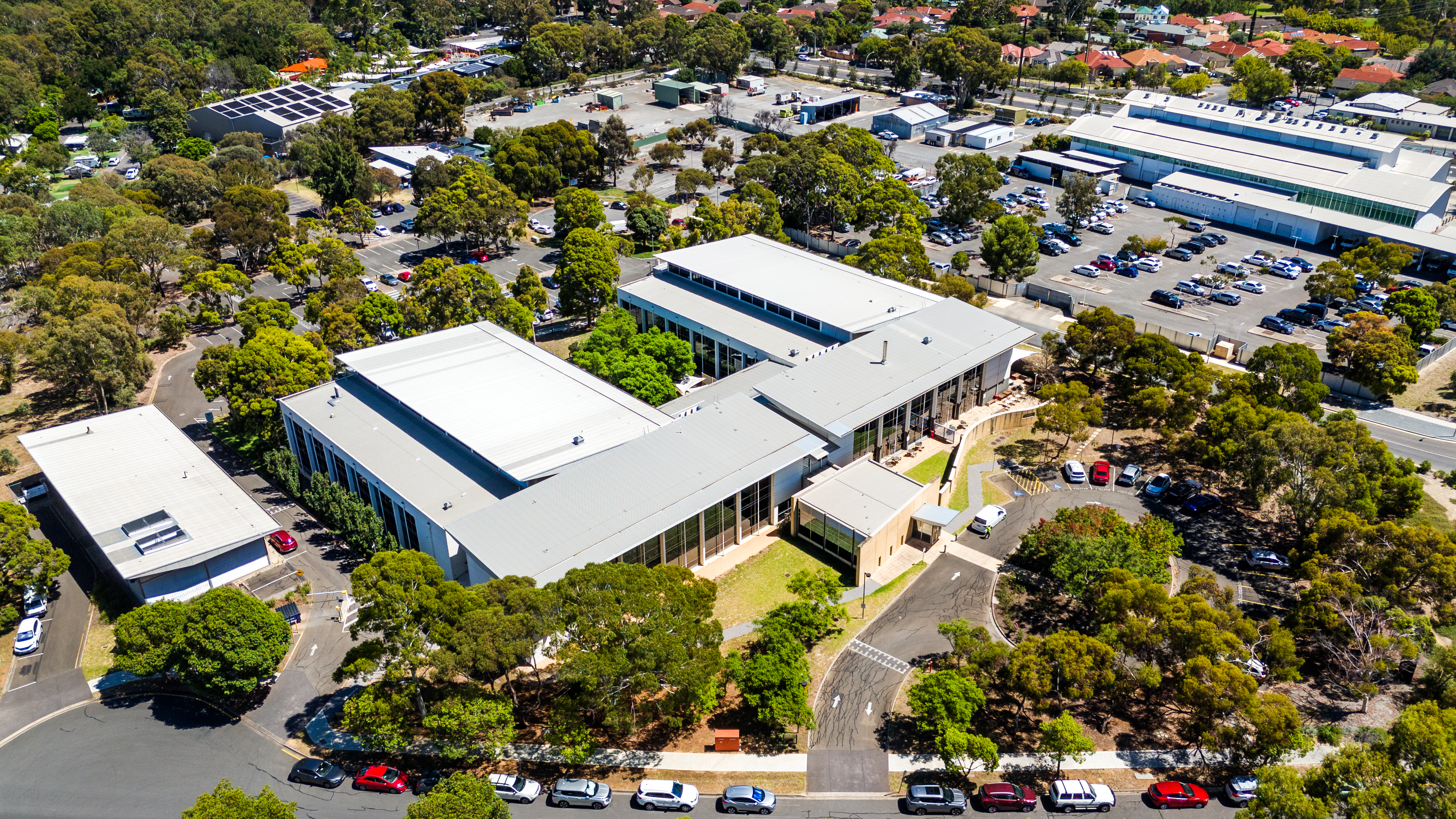Rising deal pipeline highlights improving investor sentiment
Investors are keeping an eye on new pricing benchmarks as global capital builds
Commercial real estate deal volumes in Asia Pacific have been rebuilding at pace, with cash-rich, opportunistic investors eyeing a region with the fastest return to the office.
A string of recent transactions is bolstering a more positive tone. For example, in June, Hong Kong private equity group PAG’s purchase of 44 Market Street, Sydney, for $393 million. And in Korea, New York-based private equity firm KKR & Co’s purchase of the Namsan Green Building in Seoul for a reported $187 million.
“Vendors are closely watching upcoming high-profile sales that are going to give them more clarity about the market,” says Pamela Ambler, head of investor intelligence, JLL.
The shift marks a recovery from dampened sentiment over the past couple of years, when heightened inflation and rising interest rates caused many investors to push pause. Asia Pacific investment volumes were $26 billion in the second quarter this year, a 1% decline from the first quarter, according to JLL’s Asia Pacific Capital Tracker
But a stabilizing outlook for interest rates – as well as Asia Pacific’s strong return to the office, and pressure to deploy high levels of dry powder – has investors coming back into the market.
A near-record $404 billion of capital in funds is yet to be deployed globally, according to JLL. There is $67 billion specifically designated for APAC.
Given this, Asia Pacific investment volumes in 2024 are expected to compare to pre-Covid levels of $176.6 billion in 2019, as well as the levels seen in the post-Covid recovery of 2021 at $177 billion.
“The outlook is for improving conditions towards the end of the year as inflation moderates and the start of the interest rate unwinding cycle comes into sight,” Ambler says.
Looking for more insights? Never miss an update.
The latest news, insights and opportunities from global commercial real estate markets straight to your inbox.
Back to the office
One boon for investors looking at APAC: the region is leading the way in the return to office. Office attendance has returned to 110% in some Asian cities, meaning some workers are spending more time in the office now than before the pandemic. Meanwhile, attendance has returned to up to 90% in Europe and the Middle East and up to 60% in the U.S., according to JLL.
Factors influencing the take-up of remote work across APAC include culture, customs, workforce demographics and housing, JLL has found. High housing costs, multigenerational households, and small dwellings in Asian cities all make working at home less appealing.
Leasing demand is strongest in newer buildings, and in some cases rents have even been rising. In Seoul, net effective rents rose 16.5.% in the second quarter compared to last year, and Sydney CBD rents increased 7.8% over the same period.
“Clients are prioritizing employee wellness, amenities and sustainability, and buildings that meet these requirements are outperforming the rest of the market in occupancy and rent growth. There are no signs of this trend abating,” says Jeremy Sheldon, head of markets, Asia Pacific, JLL.
Investment Opportunities
Australia stands out
Japan, China, Korea and Australia are expected to drive the rebound in 2024. They have been the most liquid markets in APAC, with $146bn, $129bn, $108bn and $86bn worth of sales respectively over the past four years, according to JLL.
“China and Japan account for the largest share in sales volumes traditionally, and so any material changes in those markets will lead to outsized impact for the region overall,” Ambler says. “But Australia, Korea and Singapore have been seeing more and larger quantum deals in the pipeline which suggests vendors are willing to engage and sell.”
Australia, where 37% of deals between 2019 and the start of 2023 have been with cross-border purchasers, has a market “openness” and counter cyclical office opportunities that make it a must-have destination for global portfolios, Ambler says.
“Australia’s market fundamentals – backed by robust demographic trends and economic prospects – high levels of transparency, maturity and a highly-institutionalised real estate market will continue to set Australia apart from the rest of the region in the long run,” Ambler says.
Contact Pamela Ambler
Head of investor intelligence, JLLWhat’s your investment ambition?
Uncover opportunities and capital sources all over the world and discover how we can help you achieve your investment goals.




